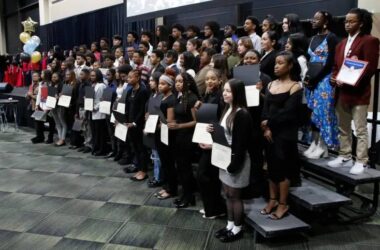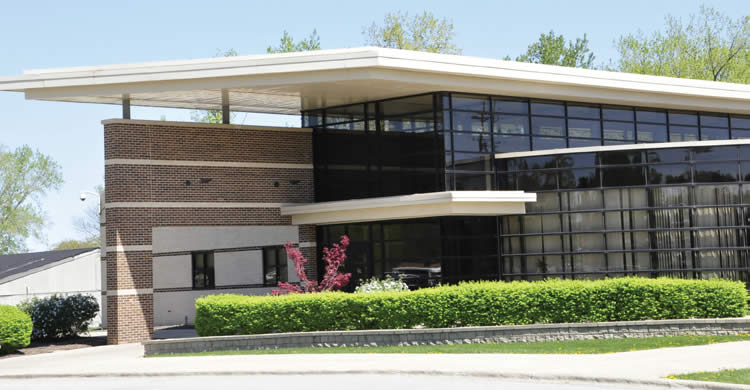University Park, IL–(ENEWSPF)– The College of Business and Public Administration at Governors State University (GSU) recently announced a five year partnership with The Center for International Business Education and Research (CIBER) at Indiana University’s Kelley School of Business.
GSU recently hosted Dr. Bruce Jaffe, CIBER Executive Director, and Dr. LaVonn Schlegel, Managing Director. The day-long kickoff event provided Jaffee and Schlegel with an opportunity to meet with faculty, staff, and students at GSU. Dr. Ellen Foster Curtis, dean of GSU’s College of Business and Public Administration, is an alumna of the Indiana University Kelley School of Business.
“I am excited to be working with Indiana University on this project,” Foster Curtis said. “This forward thinking initiative will not only benefit out students, but also the communities we serve. It’s important that we prepare our local businesses to be globally competitive.”
The program is part of the “Globalizing Business Schools” initiative sponsored by the U.S. Department of Education. GSU is one of 17 minority serving institutions across the country participating in the program with CIBER for the 2010-2015 cycle. The five-year program will provide opportunities for GSU faculty members and students to participate in various workshops, training programs, and study aboard programs, sponsored by several CIBER centers around the country.
The goal of the CIBER program is to advance the study and teaching of international business and to support research on U.S. competitiveness in the global marketplace. In this grant cycle, IU CIBER’s supported activities will focus on long-term sustainable approaches to international business practice and economic development.
"We have an extremely sound foundation, and we’re setting out to build something new and imaginative on top of that strong foundation," Jaffee said. "We’re looking at what is critical as we move into the second decade of the 21st century.”








